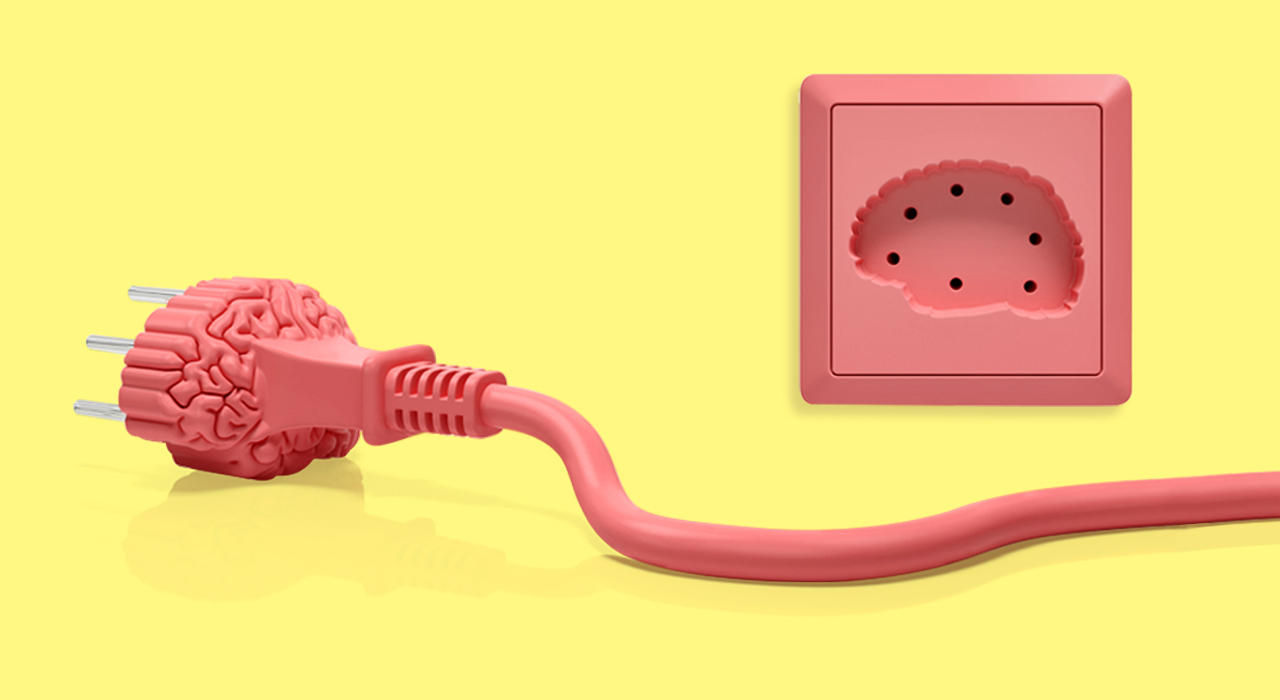Health
Smartphones Hurt Our Brain Even When They’re Switched Off
Whether your scrolling through Instagram, gossiping in a group chat or taking a selfie, admit it, we’ve all become a bit too obsessed with our phones. On a daily basis, we’re reaching for them over 2,500 times – that’s an awful lot of double tapping.
In the U.S. alone, 46% of smartphone users now say they ‘couldn’t live without’ there devices and a third of Americans claiming they’d give up sex before they’d throw away their beloved smartphone.
You might take steps to calm your addiction down by putting your phone out of sight or even turning it off during work hours, but a new study now claims that the devices affect us even when they’re switched off.
Researchers from the University of Texas asked 800 smartphone users to complete a computer test with their devices nearby. The task required their full attention. The researchers requested participants to silence their phone and place it in one of three ways: face down on the desk, in their pocket or bag, or in another room.
Unsurprisingly those who had their phone out of the room did significantly better than those who had their phone next to them and slightly better than those with their phone in a pocket or bag.
– RELATED: How Social Media Can Help Your Fitness Goals –
The researchers then had participants do the same test and asked beforehand whether or not they had a high smartphone dependency. This time round, only some of the test takers were told to turn their phone off and instead of facing down, they were facing up.
The results concluded that regardless of whether the phone was on or off, those who reported a high smartphone dependency did worse than those who did not. Meaning that the presence alone hindered their ability.
“We see a linear trend that suggests that as the smartphone becomes more noticeable, participants’ available cognitive capacity decreases,” Adrian Ward, an assistant professor and co-author of the study, told UT.
“Your conscious mind isn’t thinking about your smartphone, but that process—the process of requiring yourself to not think about something—uses up some of your limited cognitive resources. It’s a brain drain,” Ward said
Don’t worry, we’re not suggesting you should go back to a Nokia 3210. But, acknowledging your addiction and making steps towards making your days more ‘phone free’ might be a good idea – for your productivity and your battery life.
Here are some of our top tips on how to achieve this:
1. Turn your phone off during work hours
Yes, we’ve just told you that it doesn’t work that well, but it’s a good starting point. If you’re super distracted by the group chat blowing up then turning your phone off will help to stop this.
2. Say goodbye to notifications
I can personally advocate for this. Turning your notifications off means you’re not a slave to social media. You take back control of when you choose to check your profiles which stops you getting FOMO when you see your bestie has tagged you in yet ANOTHER meme.
3. Get rid of the ‘read’
If you use Whatsapp, there is an option to switch off that pesky blue tick. Our MACROS editor can confirm that this has helped her stop obsessing about whether her messages have been read and why she hasn’t had a response.
4. Put your phone out of sight
Use the out of sight, out of mind mentality when you’re at work or out for brunch with your girlfriends. Put it away in your bag or a desk drawer, somewhere where you won’t see the glimmer of your lock screen. Even if it doesn’t totally work, you’ll soon find out just how addicted you are.














